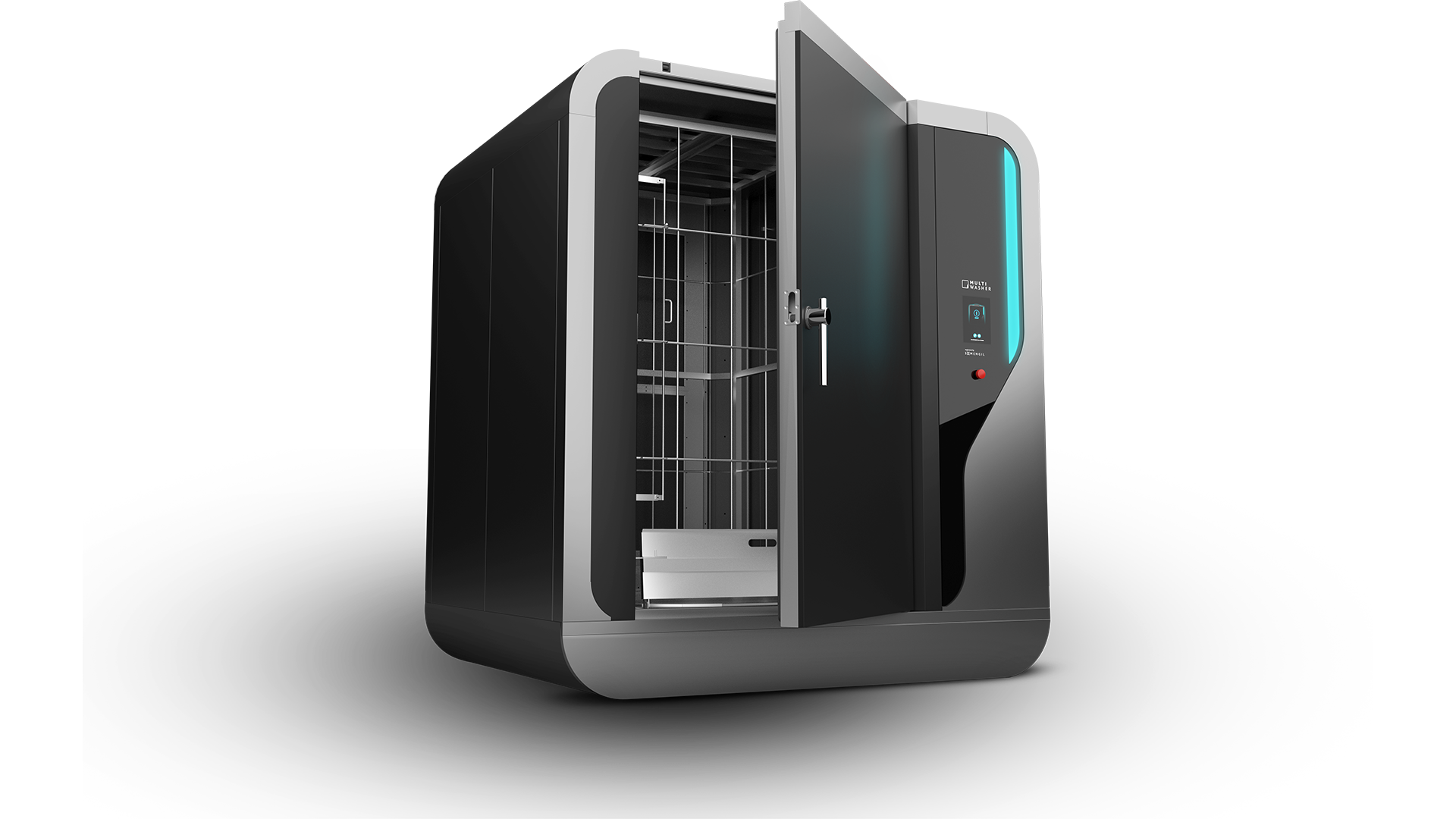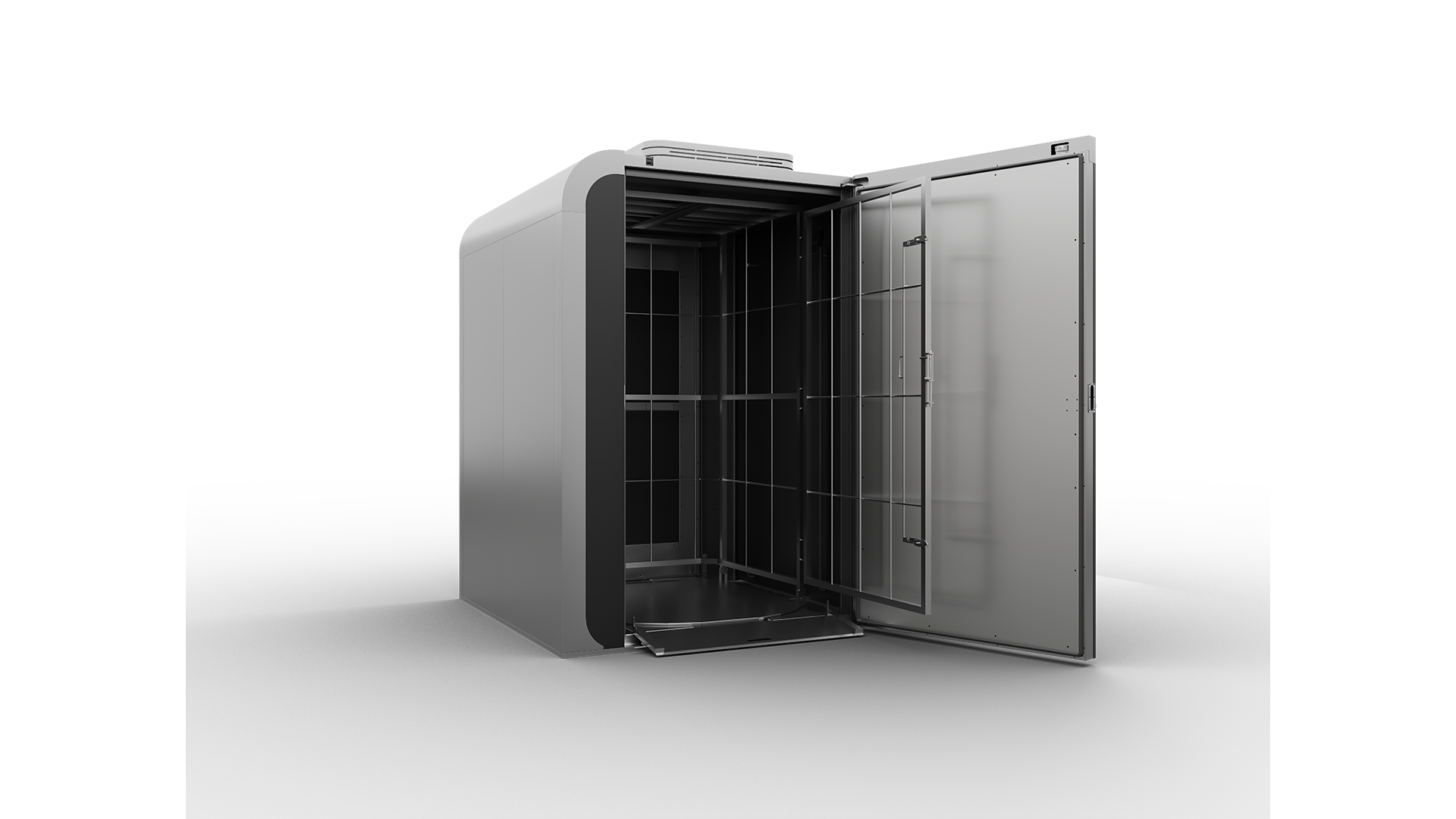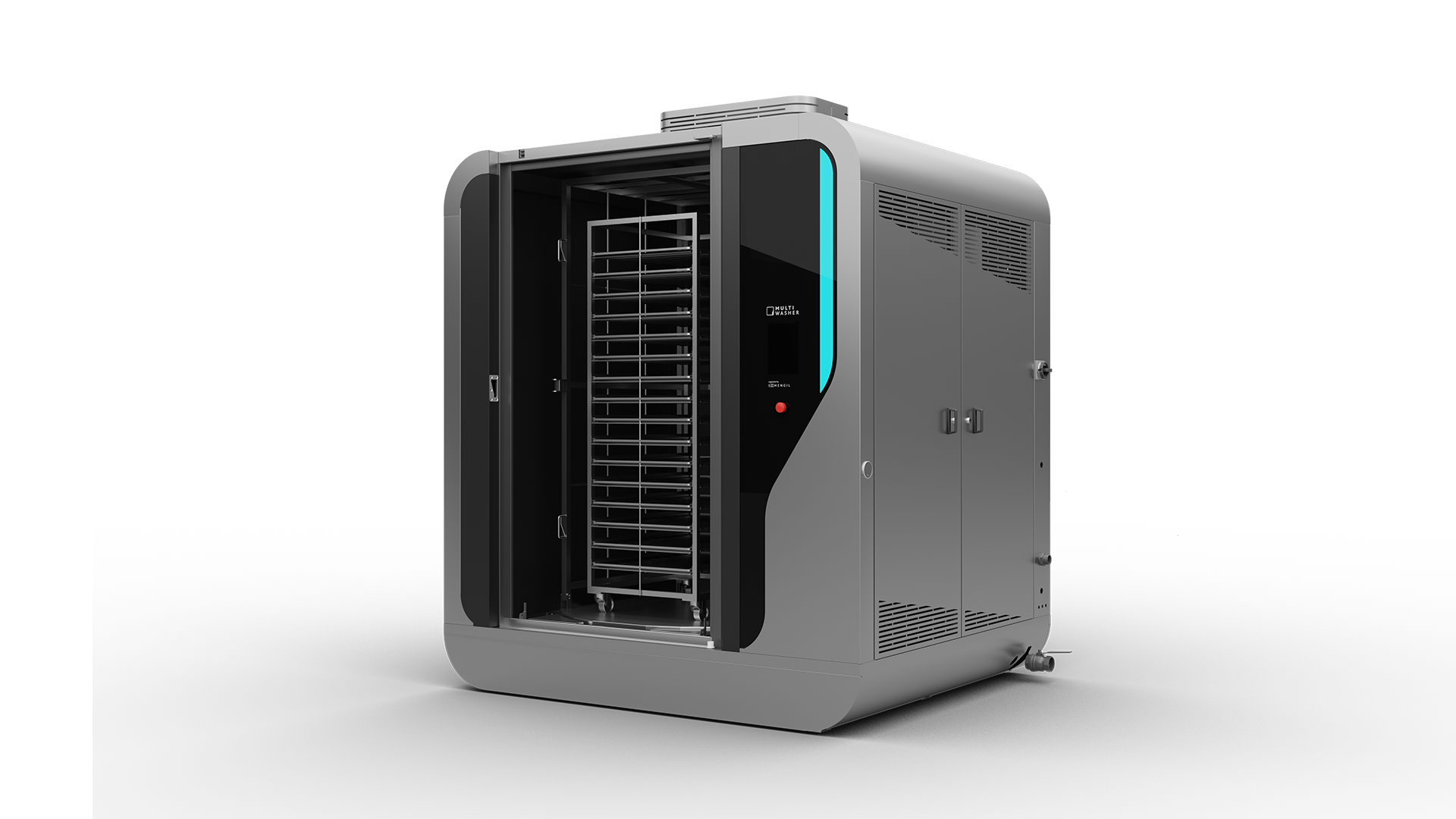Consumos / Artigos
What are foodborne diseases and how to prevent them?
Foodborne diseases are re-emerging as an enemy of public health. But companies can help prevent them. This is how.

 6 minutos de leitura
6 minutos de leitura
2022-01-20 16:43:46
Foodborne diseases are re-emerging as an enemy of public health. But companies can help prevent them. This is how.
Every year, 1 in 10 people around the world fall ill from contaminated food. And nearly 420,000 people die from 200 foodborne diseases. This is what foodborne diseases are, why they are on the rise, the most common types and how to prevent the spread.
What are foodborne diseases?
Foodborne diseases are caused by the consumption of food or beverages contaminated by different bacteria, viruses, parasites, toxins or chemicals harmful to human health.
Since the beginning of the millennium, the number of outbreaks of foodborne diseases has been increasing at an alarming rate. But this silent public health crisis deserves the attention of all companies in the food sector, who can detect and prevent problems before they become severe.
Number of foodborne disease
Source: Science Direct
Among the main disease-causing foods are aviary, swine and cattle.
CDC
Source: CDC
The impact of these diseases is transversal to society.
What is the impact of foodborne diseases?
Foodborne diseases have significant impacts on public health, business productivity and economies as a whole.
The cost of these diseases is often underestimated because of the difficulty in establishing cause-effect relationships between food contamination and disease. Still, the World Bank points to an annual cost of €110 billion a year – enough to eradicate polio or take half of the world’s population out of hunger.
A significant part of this cost falls on food companies. Specifically in restaurants, the cost of an outbreak depends on its severity, fines imposed, lawsuits and legal fees, as well as the number of employees affected by the incident.
A recent study conducted in the USA shows that in a fast-food restaurant, the cost of a single outbreak of a foodborne disease can amount to 1.68 million euros. This value rises to 1.7 million euros in fast-casual establishments, where customers place orders at the counter and then wait at the table. In luxury restaurants, the impact of a single outbreak can go up to 2.3 million euros. The same study shows that these values can represent almost 6 times the annual marketing budget of the affected company.
What are the most common foodborne diseases?
About 90% of all foodborne diseases are caused by only 7 agents: Norovirus, Salmonella, Clostridium, Campylobacter, Listeria, E. coli 0157: H7 and Toxoplasma.
These organisms cause a wide variety of diseases, which are potentially fatal or have serious health consequences. These are the main ones:
Salmonellosis – a potentially fatal infectious disease. It can cause a debilitating condition known as Reactive Arthritis.
Hemorrhagic colitis – a disease caused by the bacterium E. coli that can lead to a serious complication known as Hemolytic UremicSyndrome (HUS).
Listeriosis – Caused by the bacterium Listeria monocytogenes, this infection is dangerous for pregnant women because it can cause serious problems for both the mother and fetus.
Campylobacteriosis – Infection can lead to a serious disease affecting the nervous system, known as Guillain-Barré Syndrome.
Botulism – A fatal disease caused by food consumption with neurotoxins produced by the bacterium Colostridium botulinum.
Norovirus gastroenteritis – Highly contagious disease that can cause gastrointestinal disorder such as Irritable Colon Syndrome.
Toxoplasmosis – Caused by a microscopic parasite called Toxoplasma gondii, this infectious disease is serious for pregnant women and can be harmful to the fetus.
Although most people recover from food poisoning in a few days, the consequences can be severe. In some cases, foodborne diseases are fatal or lead to long-term health consequences.
How to prevent the spread of foodborne diseases?
Food can be contaminated at any point of production and distribution. Therefore, all actors in the food sector have a role to play.
1. Choose industrial washing equipment
Industrial washing equipment, capable of washing cooking utensils at high temperatures with little detergent, is crucial to ensure good food handling practices. MultiWasher, a washing equipment developed by Somengil, is an example of how it is possible to reconcile productivity, washing quality and food safety.
2. Prefer ecological detergents
Toxins or chemicals harmful to health, can cause foodborne diseases such as those that sometimes remain after inefficient washing cycles. The MultiWasher uses environmentally friendly detergents, and in a smaller amount than other industrial solutions, to minimize this health risk.
3. Train the team in contact with food
Everyone working in food production should be carefully trained to contribute to food security. The training should cover topics such as personal hygiene, cleaning and maintenance, food preparation, waste disposal, pest control and the consequences of lack of hygiene and food safety.
4. Establish quality check points along the production chain
Contamination can occur at any point in the production chain. To prevent the problem from moving on to the next operation, establish clear intermediate inspection criteria and procedures. Define the KPI to be evaluated at each control point and its range of acceptance limits. In addition, establish pre-defined corrective actions if deviations are found. Thus, the risk of spreading foodborne diseases is lower.
Somengil, together against foodborne diseases
At Somengil, we are committed to the fight against foodborne diseases. With solid automation, high temperatures and minimal consumption of water, energy and detergent our industrial washing machines guarantee a safe wash in every cycle. Thus, we can all play our part in preventing the spread of foodborne diseases. Schedule a webinar today or contact our team to see the difference.
Também pode gostar

Consumos / ArtigosArtigos
What are foodborne diseases and how to prevent them?
Foodborne diseases are re-emerging as an enemy of public health. But companies can help prevent them. This is how.
Postado em 2022-01-20

Consumos / ArtigosArtigos
Today is World Water Day!
This 22nd of March marks yet another World Water Day. Join us as we celebrate this very special occasion with a few practical measures that every...
Postado em 2022-03-22






















 Português
Português English (UK)
English (UK) English (USA)
English (USA) Français
Français Español
Español Deutsch
Deutsch